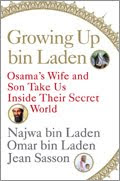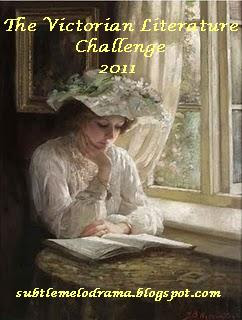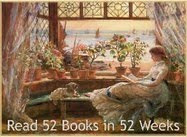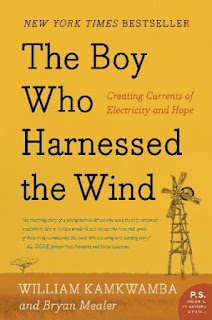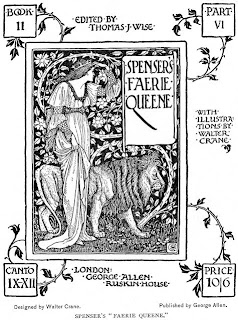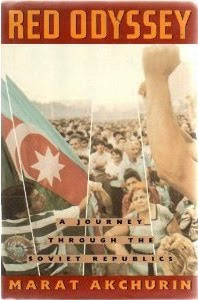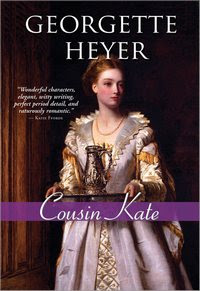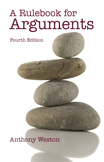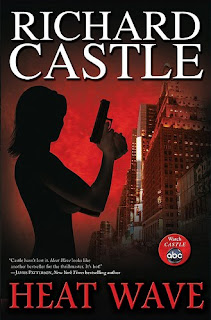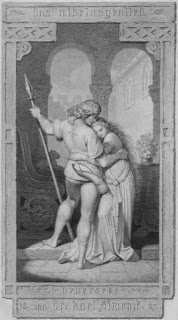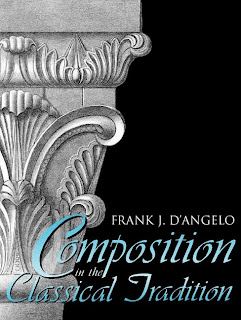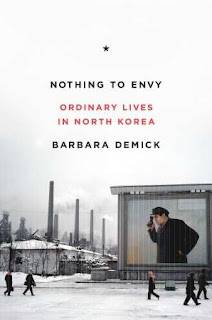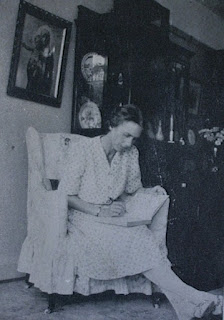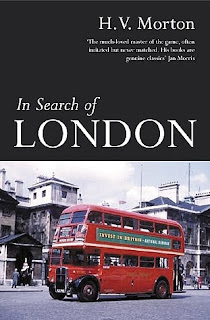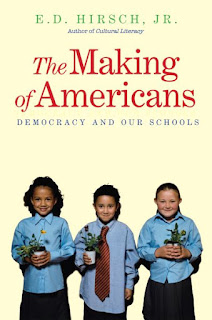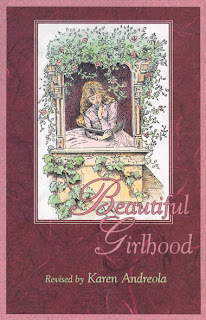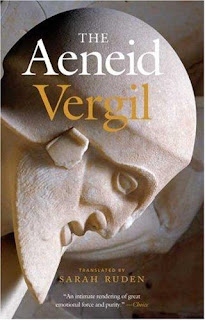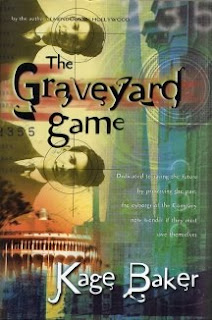52 Books 2010 Wrap-up
Robin at the 52 books challenge posted these questions for a wrap-up: Did you reach the goal of 52 books? : Yes. I didn't blog about all of them, but I certainly read at least that many. If you didn't, how many did you manage to read? : N/A What was the last book you read? : The last book I finished was War in Heaven, by Charles Williams. I'm in the middle of 3 or 4 right now. Did you read from a list and fly by the seat of your pants choosing a different book each week? : I had some books that I wanted to read, but mostly I picked up whatever looked good at the library. When it comes to books, I'm a butterfly. I flit. Did you learn something new about yourself, an author, an topic? : I learned about a whole lot of things--North Korea, the Crusades, Malawi, and patriarchal Christianity were a few. How many classics did you read? : I think about 15, but you have to count some kind of minor and odd things as classics. But hey, the canon is not closed, and if I c


